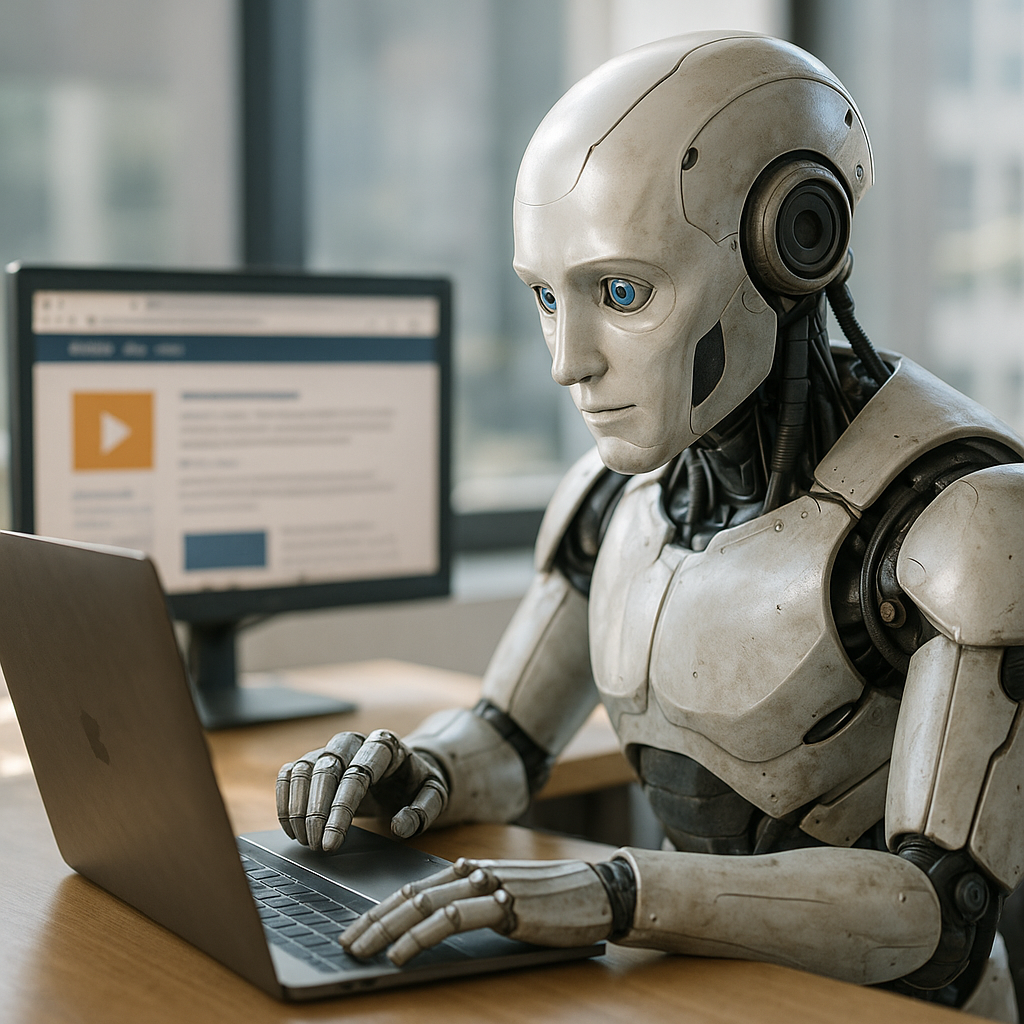The website as you know it is about to become a relic. In the next few years, a silent revolution will change not just how the internet looks, but how we interact with it forever.
Since the dawn of the internet, websites have evolved in style, but their core has remained the same: digital pages of text, images, and videos designed for human eyes. Every navigation bar, every button, has been crafted to help us find what we need.
Sure, there have been behind-the-scenes tweaks to help search engines categorize content, but the main event has always been the human user.
Now, with the rise of artificial intelligence, we're on the cusp of a fascinating new era.
On one hand, businesses are adding their own AI assistants to their websites, helping us make purchasing decisions and get instant support.
On the other hand, powerful AI like ChatGPT, Gemini, and Grok are learning to browse the internet just like we do – clicking, scrolling, and gathering information. We're already leaning on these tools to get direct answers, and this is just the beginning.
Soon, these general AIs will evolve into deeply personal agents that understand our individual tastes and goals. Imagine a personal AI that doesn't just search for a recipe but also checks your smart fridge for ingredients and adds what you're missing to your grocery list.
As these personal AI agents become our primary way of interacting with the online world, a gradual but profound shift will occur. Websites will transform from being human-first to AI-first.
In this transition, we might not see a sudden, jarring change. But in the background, the very nature of a website will be redefined. They will become rich data repositories, with their primary purpose being to communicate with our personal AI agents.
The future of the internet is a conversation, and soon, our AI will be doing most of the talking.
